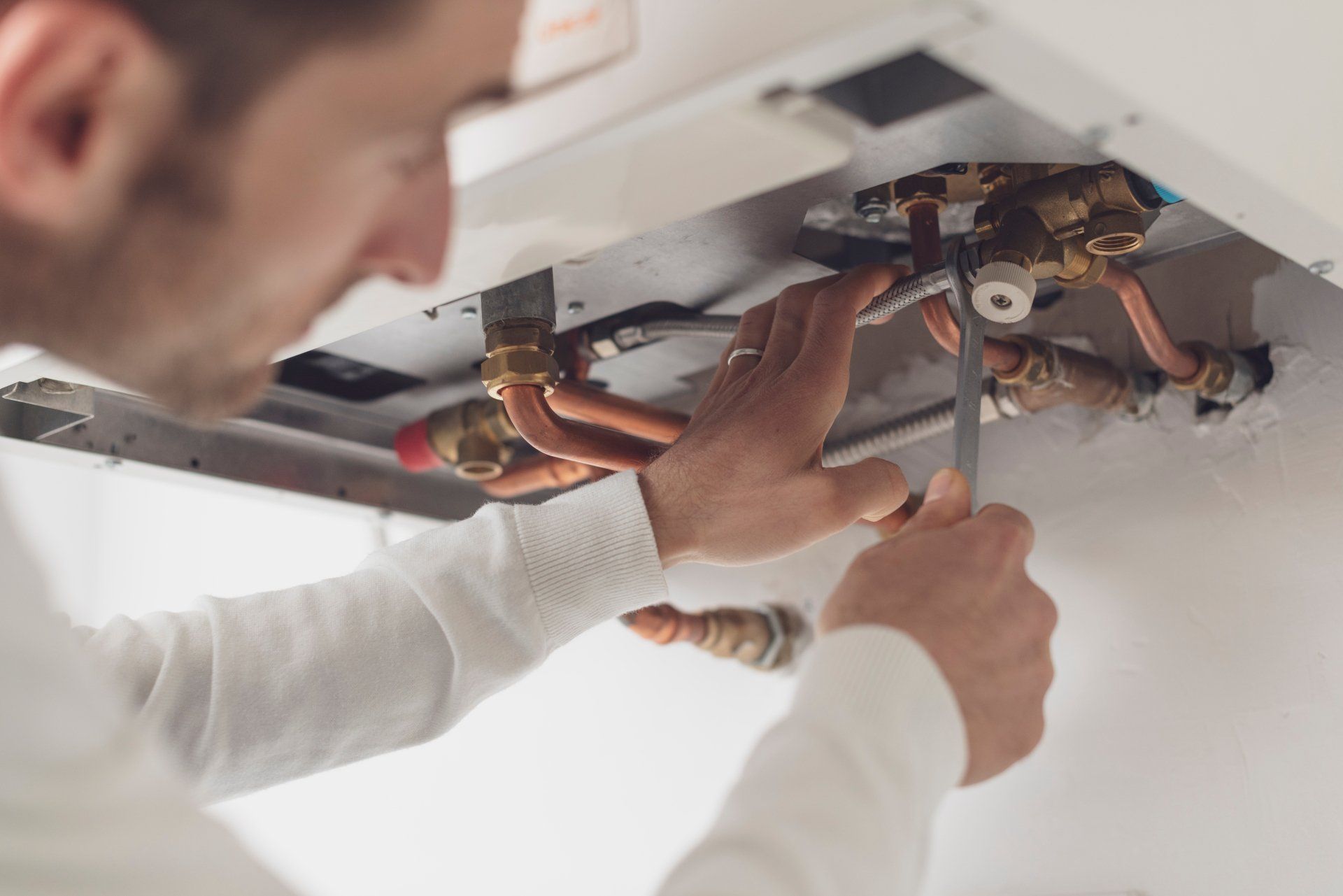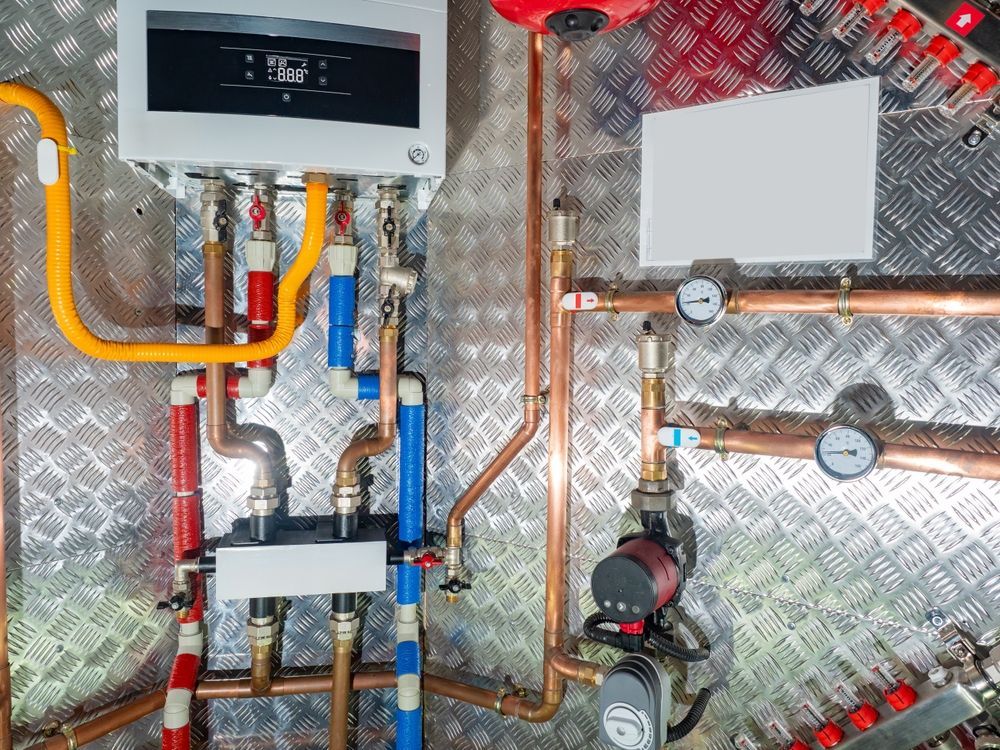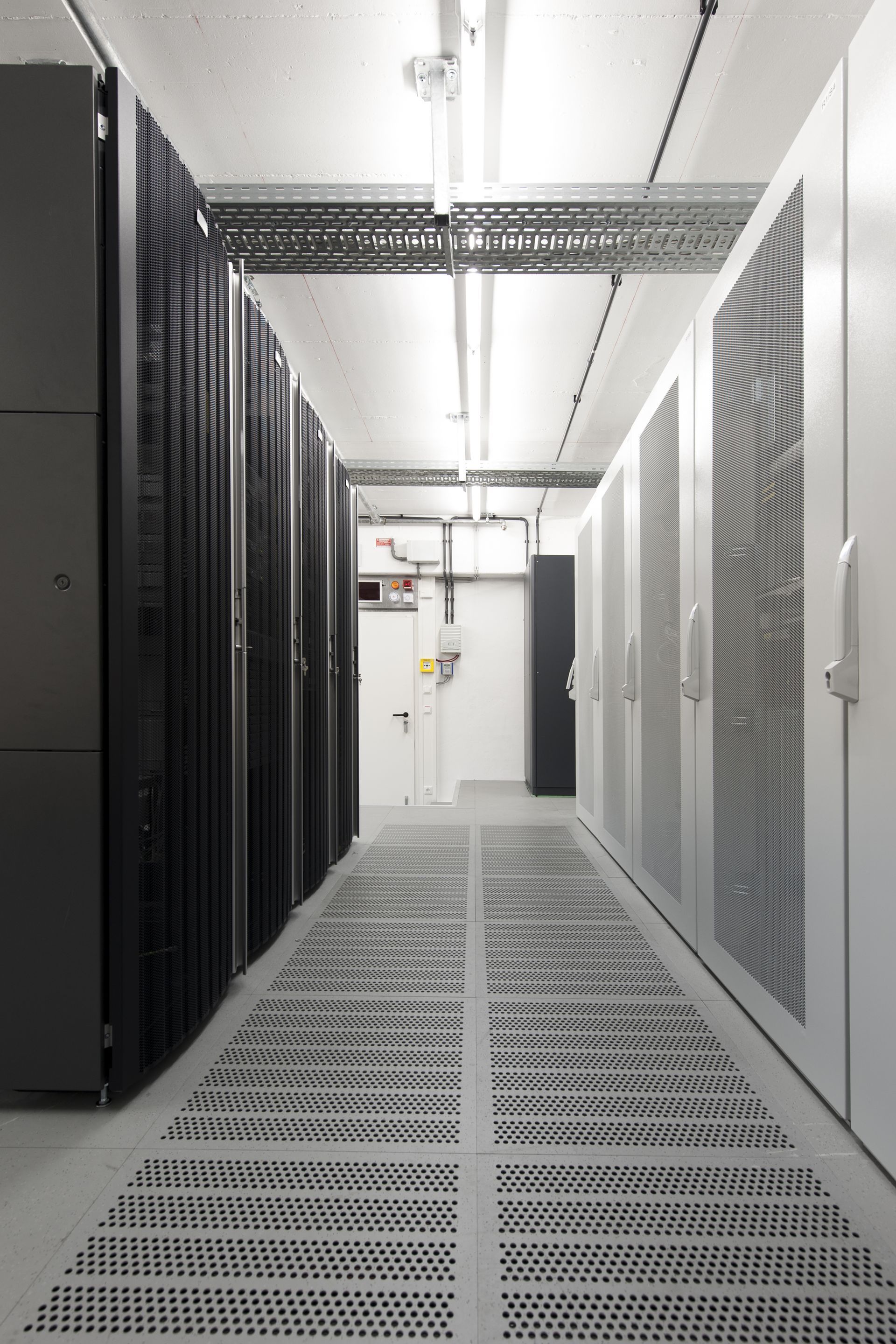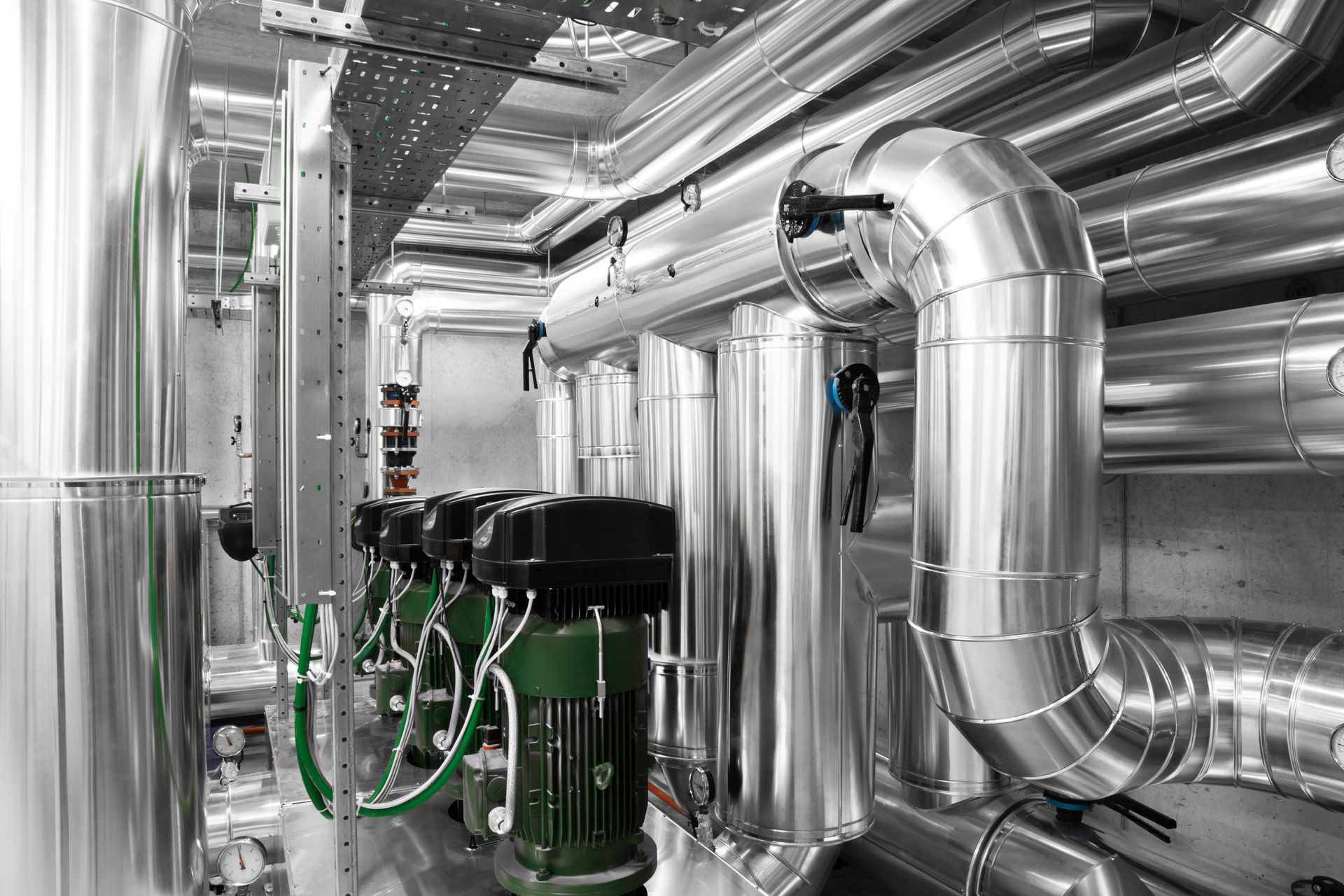How to Install a Boiler

Is your business located in an older building? Are your margins taking a hit from rising fuel prices? Is your water not heating properly? If so, you may benefit from installing a new, efficient boiler to heat your water and air.
Many buildings use inappropriate heating systems. Old buildings use outdated systems, and other buildings may have boilers that are too small or excessive for the space. It's all about determining what is most appropriate for your business. Some industries depend on powerful heating systems where hot water is crucial, like restaurants or manufacturing. And all companies in Illinois know central heating is critical for the winter months. Whether your current heating system is failing or you are looking for a space and cost-saving option, investing in a new boiler will end up saving you in the long term.
While you may be capable of handling some steps on your own, it's highly recommended to hire a contractor to perform the installation. A contractor will ensure the job is done safely and in a timely manner. Plus, you would eliminate the need for a professional to check the gas connection, if applicable, and inspect your finished work.
If you're looking to do some work on your own, or just curious about how to install a boiler and how it can help you save money, here are some steps and considerations taken during boiler installation.
How Long Does Installation Take?
As a business owner, you likely have a lot on your plate already. Hiring an expert will cut down on time, provide maintenance, and help determine the most cost-effective option for your company.
If you're switching out a similar type of boiler, then the contractor can easily get the job completed within one day. If you're completely switching up the system, the work may take a couple of days if complications arise. Your contractor can give you an estimation upon inspection before the work starts.
Selecting a Boiler
When choosing the best boiler, consider your space limitations, budget, water consumption, and total area of the building. This will be important to determine the overall lifetime costs of the new appliance.
As a business owner, your main concern is likely cost-efficiency. Gas-powered boilers are the most popular as electric and solar are typically much more expensive. You will also need to determine whether you need a conventional, system, or combination boiler. The boiler type will depend on the total area needing heat and the amount of space you have for the boiler.
If you're stumped, a contractor can help recommend the best size, system type, and fuel type for your space.
Boiler Location
If you're replacing an old boiler, you likely already have a setup in place for a new one. However, this doesn't mean it's the ideal location depending on the type of boiler you choose. This may be the perfect opportunity to find a better spot for your new system.
What matters is your boiler location is:
- Near the water line
- Near an electrical outlet
- Near a ventilation source
- Located on a level surface
- Accommodating for the size of the boiler
Pipe Configuration
After removing the old heating system, you can start fitting the new one. You can take this chance to remove any old or unnecessary pipes or clean any existing ones still good to use.
Mount the new boiler and begin connecting the unit to the corresponding pipes in different areas of the building.
Once the right pipes are attached to the unit you can begin placing the return pipes. Different types of boilers will need different connections. For instance, a conventional boiler connects to both a hot and cold water tank.
Flue Installation
Different boiler types will have different ventilation requirements, but all boilers need proper ventilation. Adding a flue is a common way to vent exhaust out of the building, usually through a chimney. You can also create a wall or roof vent if needed instead.
Attach Gas Line
Since gas-fueled boilers are most commonly used, you will need to hook up the boiler to the main gas line to fuel it. This step is best left to the experts for safety reasons.
Testing
Once everything is set, you can start up the boiler! This is a crucial step to evaluate whether all the work was done correctly. Your boiler controls central and water heating, so start by checking thermostats and all faucets in the building. The boiler should be producing hot air through the building and hot water to each water source.
Check back to the boiler as it starts to run and make any adjustments as needed. If everything looks okay, then you're good to go!
After Installation
At this stage, you can rest easy knowing you have a new heating system in place! Your contractor will take away any additional worries by ensuring everything meets all regulations and runs correctly.
Even with a new system in place, it would be wise to ask your contractor about annual maintenance programs. Have your favorite contractor return each year to inspect and clean your boiler system to retain the most efficient product possible.
Boiler Installation in Chicago by 1 Source Mechanical
As you can see, many steps of this process depend on the type of boiler system you're looking to install. Because of this, you should look to professionals with the experience, knowledge, and tools to handle any type of process.
If you're looking for a trustworthy plumbing contractor favorited in the Chicago area, get in touch with us at 1 Source Mechanical. We excel in commercial contracting services, with a large portfolio of working with schools, hotels, park districts, and so much more.
We have two locations in DeKalb and Oak Brook to cover all of Northern Illinois and get to where you are quicker! Contact us about your job needs today. There is nothing too big for us!



